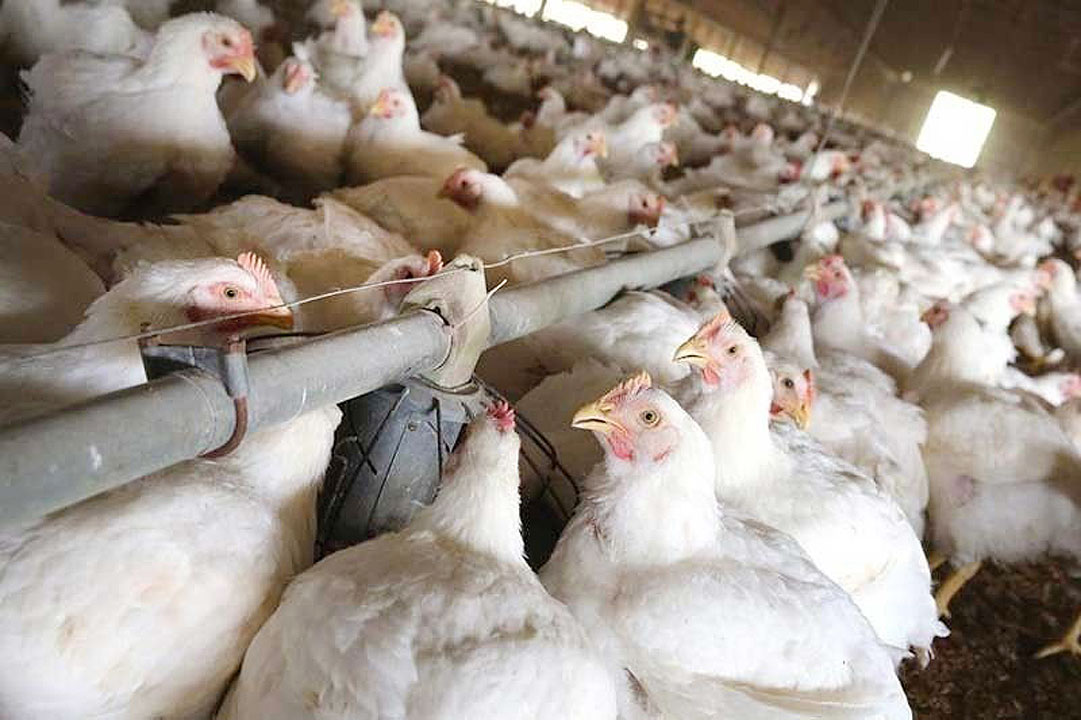
THE Department of Agriculture (DA) has lifted a ban on poultry products from the US state of Minnesota as well as the Netherlands, after birds there were declared free of H5N1 Highly Pathogenic Avian Influenza (HPAI).
In a separate memorandum order, the DA once again allowed the entry of domestic and wild birds and their products including poultry meat, day-old chicks, eggs and semen from both locations.
“Based on the evaluation of the Department of Agriculture (DA), the risk of contamination from importing poultry meat, day-old chicks, egg and semen is negligible,” according to the orders, signed by Senior Undersecretary Domingo F. Panganiban.
The ban on imports from Minnesota was imposed by former Agriculture Secretary William D. Dar on April 7, 2022, which also covered the US states of Missouri, South Dakota, North Dakota, and Iowa, following the confirmation of outbreaks there by the National Veterinary Services Laboratories.
Philippine and American veterinary authorities agreed in 2016 that “a state-wide ban shall only be imposed if there are three or more countries affected with HPAI in one state.”
Meanwhile, the poultry ban on the Netherlands was issued on Nov. 12, 2021 based on a report submitted to the World Organization for Animal Health (WOAH) on Oct. 28, 2021 of an outbreak in Zeewolde, in the Dutch province of Flevoland.
The temporary ban also covered live cattle, meat products, and processed animal proteins derived from cattle. This specific ban was lifted on March 28 after the Netherlands was declared free of mad cow disease.
The DA procedure for lifting bans is based on official self-declaration reports sent to the WOAH and supporting documents submitted by the US Department of Agriculture’s Animal and Plant Health Inspection Service.
“All import transactions of the above commodities shall be in accordance in existing rules and regulations of the DA,” the memo said.
Meat Importers and Traders Association President Emeritus Jesus C. Cham said that “any additional origins that become approved will add to the supply, not only for meat traders but as well for meat processors.”
“We continue to exhort the government to adopt the regionalization principles of the World Organization for Animal Health and approve more origins,” he said in a Viber message. — Sheldeen Joy Talavera



